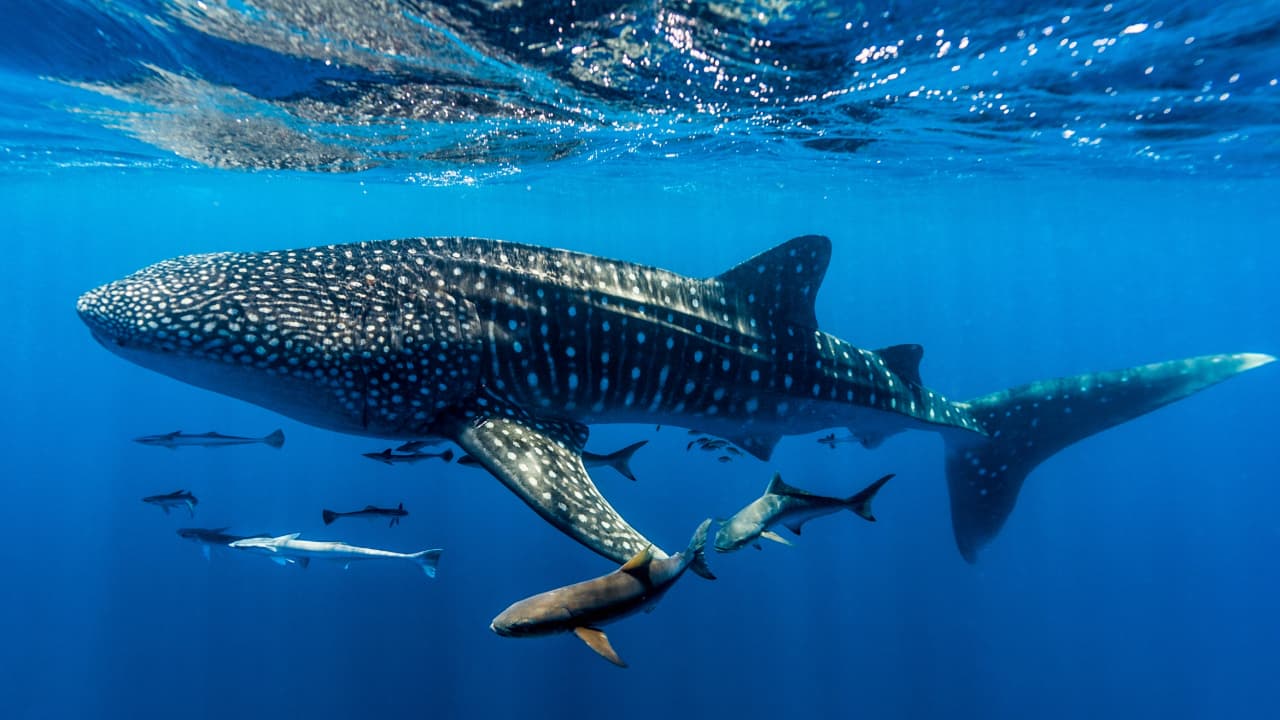A new study predicts human impact on the ocean could double by 2050. Learn about the key threats of warming waters and fish biomass loss, particularly in coastal areas, and discover potential solutions. Read more about this urgent warning.
Climate Study: Oceans have provided us with food, jobs, travel opportunities, transportation, and resources for thousands of years. They are vast and powerful and help us support human life. However, a new study shows that impact of human activities on the ocean is growing so rapidly that it could double by 2050, just 25 years from now. The findings were published in the journal Science and involved contributions from scientists at Nelson Mandela University in South Africa.
A Warning Sign We Can’t Avoid
The research explored how various human activities like overfishing, ocean warming, rising sea levels, pollution, and acidification are affecting marine environments. Experts used a global model to predict how things could change by the year 2050. It found that tropical and polar regions will experience the most rapid increase in pressure, while coastal areas, where most human activities are concentrated, will be the most affected.
Professor Ben Halpern, a marine ecologist and director of UCSB’s National Center for Ecological Analysis and Synthesis (NCEAS), who led the study, says, “It’s sobering. And it’s unexpected, not because the impacts will be increasing—that is not surprising—but because they will be increasing so much, so fast.”
A Global Look at Human Activity
Professor Ben Halpern’s research in 2008 was the first study to show how every part of the ocean is touched by human activity. That earlier study combined 17 global data sets and revealed that 41% of the ocean was already heavily affected.
For the new study, the team analysed how different pressures will develop and interact over time. According to the study, the two biggest threats to oceans by 2050 will be:
• Warming waters caused by climate change
• Loss of fish biomass due to overfishing and poor management
Coastal Communities at Risk
Coastal areas will face the worst consequences. This is concerning because most people live near the coast depend heavily on the ocean for food, income, and resources. Moreover, the study warns that some marine ecosystems may not be able to keep up with the environmental changes. This could lead to declines in biodiversity, weakened ecosystems, and reduced benefits for people around the world.
What Can Be Done?
According to the researchers, the key solutions include:
• Reducing greenhouse gas emissions to slow ocean warming
• Improving the management of fisheries to prevent collapse and restore fish populations
• Protecting vulnerable habitats, such as mangroves and salt marshes, which are vital for marine life and help reduce coastal erosion
“Being able to look into the future is a super powerful planning tool,” Halpern said. “We can still alter that future; this paper is a warning, not a prescription.”
The ocean may seem limitless, but it is under increasing pressure from our activities. With smart choices and urgent action, it is possible to protect marine ecosystems and preserve the many benefits they provide.
Co-authors of the study include Melanie Frazier and Casey C O’Hara from UCSB, along with Alejandra Vargas-Fonseca and Amanda T Lombard from Nelson Mandela University in South Africa.
